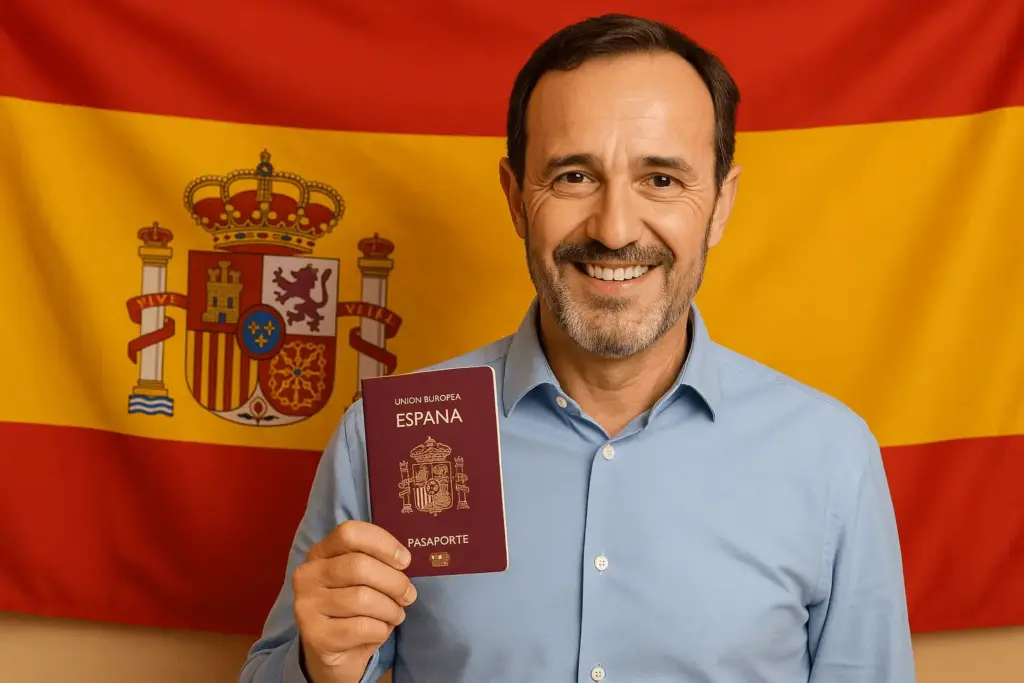Recognizing academic qualifications in another country is not always as easy as it sounds. Getting an overseas qualification officially recognized (“homologación de título”) in Spain means that it has the same academic and professional value as its Spanish equivalent.
The process of degree recognition in Spain is a complex and time-consuming one and there is no automatic recognition of academic qualifications between EU countries. It usually takes between 6 and 12 months.
Who needs degree homologation in Spain?
You may need to have your university degree recognized in Spain if you want to work in a professional field that requires academic credentials, if you want to apply for a job with the Spanish government, and if you are applying for postgraduate studies at a Spanish university that require official recognition of your qualifications from your home country.
Where to apply for degree homologation in Spain
In order to grant official validity in Spain to educational degrees obtained abroad, you must initiate a process of homologation. The homologation application can be applied for at the Spanish Ministry of Education, Culture, and Sport (MECD). This is the best way of making an application as the MECD is the department responsible for authorizing recognition. You can apply through the MECD website and also at the Spanish embassy or consulate in your home country. Furthermore, any Spanish government office that serves as a public registry office at the national, regional, or local level can take applications for homologation.
Requirements and Documents for degree homologation in Spain
Requirements and documents for the homologation of degrees in Spain: Before applying for homologation in Spain, you must ensure that the degree is official in the country of origin, that the degree was completed in the country of origin, that all previous years of schooling are validated, and that there is equivalence with the Spanish degree both academically and in terms of content and duration.
The following documentation (or copies) need to be provided:
- passport or official ID
- degree certificate from your home country
- proof of payment of homologacion fee, if applicable
- proof of competence in the Spanish language (sometimes requested)
It is important to consider that as the studies are carried out abroad, in some cases the documents must be official, legalized and translated so that the Spanish Ministery can certify the authenticity of these documents. Translations can be done at the Spanish Embassy or Consulate abroad, the Embassy or Consulate of the country issuing the document in Spain or a sworn translator abroad if his signature is legalized.
If you want to enroll in a Spanish school or university and your diploma is not yet homologated, you can apply for a so-called “volante de inscripción provisional“. The application for this volante is made the same day as the homologation request and once obtained it will temporarily allow you to finalize your registration at the university. You should consider though that in the event of a refused homologation, achievements carried out during this time will be useless.
Written in collaboration with Natalie Efiamarho




